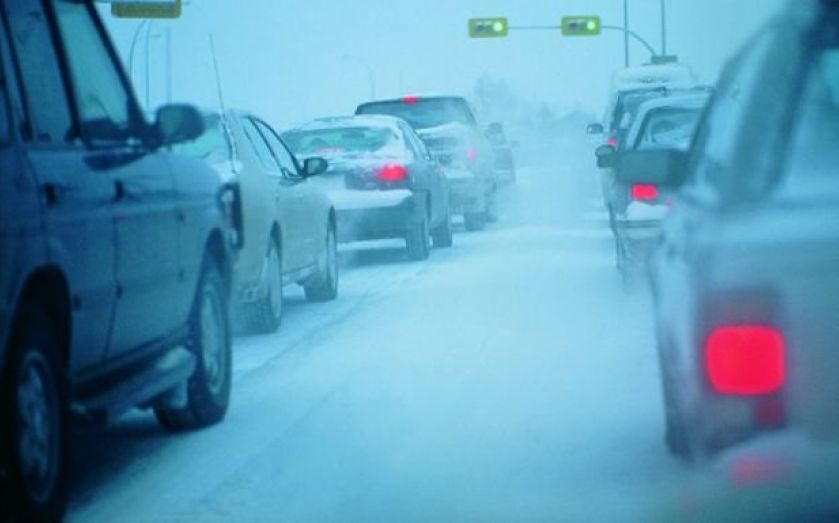| Updated:
From floods and snowstorms to balmy December days: Why UK winter weather is about to get even more extreme

If you thought British winters were bad, get ready for even more unpredictable weather. Conditions will swing from very mild and wet to extremely cold and snowy in the decades to come, according to a new report.
By looking at the North Atlantic Oscillation (NAO), a seasonal measurement of barometric pressure variations over the North Atlantic, from 1899 to now, researchers from the University of Sheffield and the Met Office Hadley Centre found Britain has experienced, and will continue to experience, volatile weather during the colder months.
The NAO determines the strength of westerly winds hitting the UK, with strong winds leading to mild, wet, and often stormy weather for Britain, much like we experienced last winter. Conversely, weaker westerly winds tend to bring cold, snowy weather, which featured prominently in the winters of 2009-10 and 2010-11.
The results, published in he International Journal of Climatology, show how oscillations between the two have become more pronounced over the past hundred years, and that this trend is likely to continue.
In fact, the level of change between winters was so extreme that they concluded there was less than a 0.04 per cent probability of it happening by chance.
Professor Edward Hanna, from the University of Sheffield’s Department of Geography, said: “Our study highlights the changing nature of North Atlantic atmospheric circulation patterns that has given the UK more variable winter conditions in recent years.
“We cannot use these results directly to predict this winter’s weather but according to the long-term NAO trend we can say that the probability of getting extreme winter weather – either mild/stormy or cold/snowy – has significantly increased in the last few decades. Further research is needed to show whether or not this increased volatility is linked to global warming.
“This new analysis of historical observations shows intriguing signs of a trend towards more variable winters over the last century,” said Dr Adam Scaife, Head of Monthly to Decadal Forecasting at the Met Office."
The cause? Though this trend could be due to random fluctuations in the climate system, it could equally have been influenced by various driving factors including changing pressure/weather systems over the Arctic, especially Greenland, and changes in energy coming from the Sun.